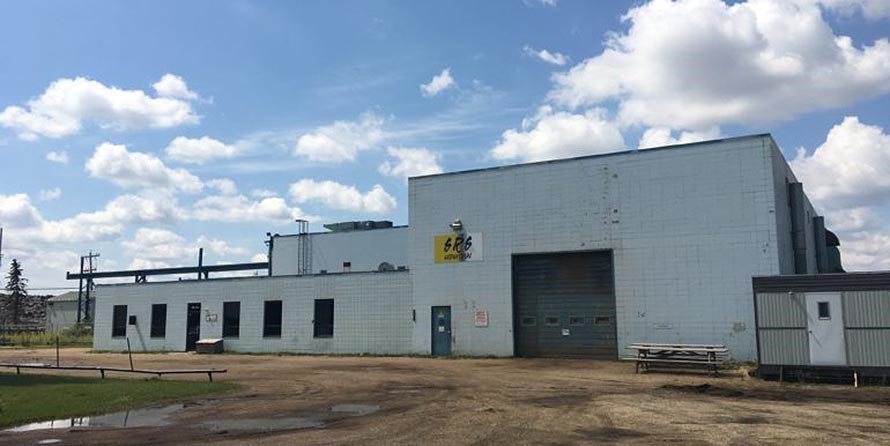A new Metro Â鶹´«Ă˝Ół»industrial lands strategy task force was appointed in December, setting the stage for members to begin work in earnest under chairman George Harvie of Delta this month.
Struck in spring 2018 by former Metro Â鶹´«Ă˝Ół»chair Greg Moore, the task force’s voting members are representatives of the region’s municipal councils. Civic elections in October required its dissolution and reappointment with representatives from the new councils. The reconstituted task force has nine voting members, up from the former seven.
Harvie and vice-chairman Brad West of Port Coquitlam may be newcomers, alongside members Linda Buchanan and Jordan Back of North Â鶹´«Ă˝Ół»city and district (respectively), Sarah Kirby-Yung of Â鶹´«Ă˝Ół»and Brenda Locke of Surrey. Continuity comes from mayors Malcolm Brodie of Richmond and Richard Stewart of Coquitlam, as well as Bryce Williams of Tsawwassen First Nation.
Metro Â鶹´«Ă˝Ół»director of regional planning Heather McNell said the committee aims to have an influence beyond the region’s municipalities.
“The regional industrial lands strategy really is seeking actions on the part of all stakeholders with an interest in industrial land in the region,” she said.
To this end, non-voting members include representatives from the Agricultural Land Commission (ALC) and B.C. Ministry of Jobs, Trade and Technology; the Port of Vancouver, TransLink, the BC Chamber of Commerce and Urban Development Institute; and industrial developers, including Value Property Group and Beedie Industrial. (Chosen at the chair’s discretion, non-voting members do not include commercial real estate association NAIOP, though NAIOP director Chris MacCauley has addressed the task force.)
With less than 1.7 per cent of the region’s industrial land vacant, the task force also hopes to draft recommendations that reflect the broader geographic implications for the land crunch.
“We’re looking at the relationship to other industrial lands outside of our region,” McNell said. “As the challenges of supply happen in our region, there’s a lot more pressure out in the Fraser Valley.”
The pressure is such that both Abbotsford and Chilliwack have expressed concern at the loss of suitably sized and located industrial parcels over the past two years.
Often, companies escaping high land costs closer to the core arrive in search of land that accommodates less intensive uses, leaving little for companies that can provide good-paying jobs. Alternatively, lighter industrial uses encroach on farmland, a concern of both Abbotsford Mayor Henry Braun and the ALC.
Metro Â鶹´«Ă˝Ół»has completed three inventories of industrial land since 2005, with the latest survey in 2015 focused on actual land use. The current work will receive reports on the economic value of the region’s industrial sector as well as agri-industrial uses.
A draft strategy should be ready by June, with a final report presented in fall 2019.



